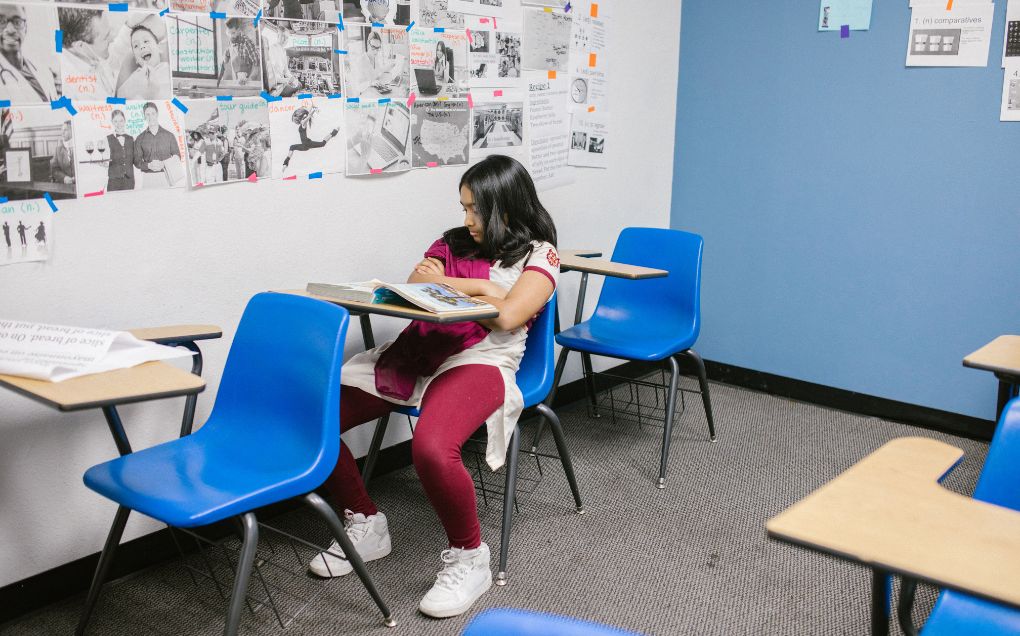What Is Academic Suspension? The Consequences and Steps to Avoid It

Academic suspension is a serious issue that can have a significant impact on a student’s educational journey. It occurs when a student’s academic performance falls below the institution’s minimum standards. We will explore the concept of academic suspension, delve into its consequences, and provide valuable steps that students can take to avoid finding themselves in such a challenging situation.

Understanding Academic Suspension
Academic suspension is a measure taken by educational institutions to ensure that students maintain a certain level of academic achievement. When a student’s grades and overall academic performance decline to an unsatisfactory level, they may be at risk of academic suspension. Common reasons for academic suspension include maintaining a low-grade point average (GPA), failing to meet the institution’s academic progress requirements, and repeatedly failing courses.
Consequences of Academic Suspension
- Temporary vs. Permanent Suspension: Academic suspensions can be temporary or permanent. Temporary suspensions typically give students a chance to improve their academic standing within a specific timeframe. However, permanent suspensions can have a more severe impact, leading to the student’s permanent removal from the institution.
- Reinstatement Options and Requirements: For students facing academic suspension, there might be options for reinstatement after fulfilling certain requirements. These requirements may include raising the GPA to a satisfactory level, attending academic workshops or support programs, or demonstrating a renewed commitment to academic success.
- Effect on Academic Records and Transcripts: Academic suspension becomes a part of the student’s permanent academic record and may appear on their transcripts. This can have negative consequences when applying for further education or seeking employment opportunities, as potential institutions or employers may view this as an indicator of academic struggles.
Steps to Avoid Academic Suspension
- Communicating with Academic Advisors: Regularly meet with academic advisors to discuss academic progress, challenges, and strategies for improvement. Academic advisors can provide valuable insights and personalized guidance to help students stay on track.
- Developing a Study Plan and Time Management Strategies: Create a realistic study plan that accounts for coursework, assignments, and exams. Effective time management ensures that students can balance academic responsibilities with personal commitments, reducing the likelihood of falling behind academically.
- Utilizing Academic Resources and Support Services: Educational institutions often provide various academic resources and support services to help students succeed. These may include tutoring, writing centers, study groups, and academic workshops. Taking advantage of these resources can aid in understanding course material and improving performance.
- Seeking Assistance for Personal Challenges and Issues: Sometimes, personal challenges, such as mental health concerns or family issues, can affect academic performance. It’s essential for students to recognize when they need help and to seek support from counseling services or support groups.
- Understanding the Appeals Process: Students may face academic challenges beyond their control, such as unexpected medical emergencies or extenuating circumstances. Understanding the appeals process can provide students with a means to present their case and request reconsideration of academic decisions.
Real-Life Student Experiences
- Emma’s Journey to Academic Success: Emma, a college sophomore, faced academic suspension after a series of personal challenges that affected her ability to focus on her studies. She lost her part-time job unexpectedly, which caused financial stress, and her parents went through a divorce, leaving her emotionally overwhelmed. After her suspension, Emma sought counseling and academic support services offered by her university. With guidance from her academic advisor, she developed a study plan and time management strategies to balance her academic and personal life. Through hard work and determination, Emma improved her GPA, successfully appealed her suspension, and eventually graduated with honors.
- John’s Struggle with Time Management: John, a first-year college student, found it challenging to manage his time effectively during his transition from high school to university. He often procrastinated on assignments and struggled to keep up with coursework. As a result, John’s grades suffered, and he faced academic suspension. After receiving a warning, John attended time management workshops and sought assistance from a tutor to strengthen his study skills. He learned to prioritize tasks, create a study schedule, and avoid distractions. With improved time management, John’s academic performance gradually improved, and he managed to avoid further suspension.
Academic suspension is a critical issue that students should be aware of and work proactively to avoid. By understanding the consequences of academic suspension and taking preventive steps, students can ensure a more successful and fulfilling educational experience. Remember that seeking help and support when facing challenges is not a sign of weakness but a sign of strength, and it can make a significant difference in one’s academic success. With determination, perseverance, and the right resources, students can overcome academic hurdles and thrive in their academic pursuits.
Continue Reading: What is Academic Freedom? Its Roles in Modern Education
